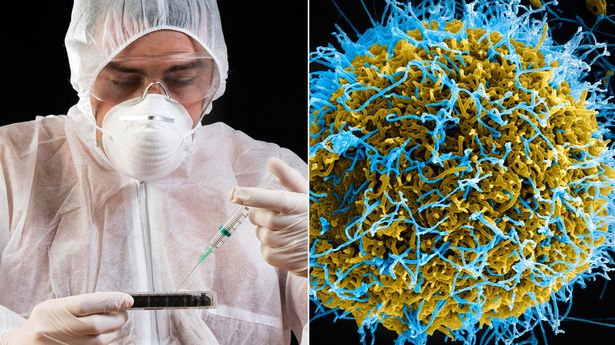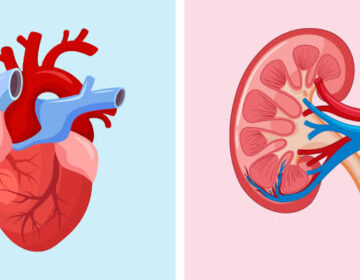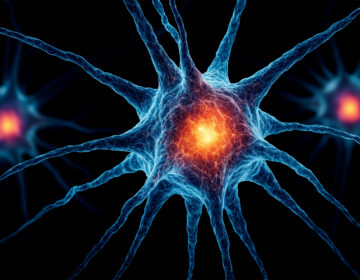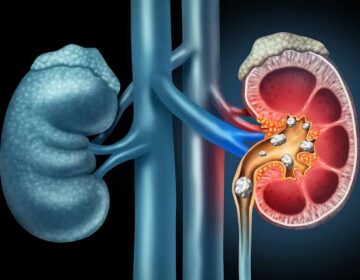Scientists Find Cause for Unexplained, Deadly Diseases.A study reveals that a protein called RPA is essential for maintaining chromosome stability by stimulating telomerase.
New findings from the University of Wisconsin-Madison suggest that problems with a key protein that helps preserve chromosome stability may contribute to the development of severe, and sometimes fatal, diseases.
The study, published in Science, offers new clues for identifying mutations in this protein that could help doctors screen for certain cancers and disorders affecting bone marrow.
Chromosomes (bundles of proteins and DNA that hold our genetic blueprint) are shielded from damage by telomeres, the protective caps made of repeating DNA sequences and proteins at each chromosome’s end. Although telomeres naturally shorten as we age, disruptions in how they are formed or maintained can destabilize DNA, potentially triggering premature aging and disease.
Researchers worked with colleagues in the university’s Department of Chemistry to search for proteins that interact with telomerase, the enzyme that maintains telomeres. They suspected that defects in these associated proteins might contribute to certain illnesses that arise when telomeres become abnormally short.
“This line of research goes beyond a biochemical understanding of a molecular process. It deepens clinical understanding of telomere diseases,” says Lim, whose work is supported by the National Institutes of Health.
The researchers, led by graduate student Sourav Agrawal, research scientist Xiuhua Lin, and postdoctoral researcher Vivek Susvirkar, searched for proteins likely to interact with telomerase using AlphaFold, a machine learning tool that predicts the 3D structure of proteins and protein-protein interactions.
They found that a molecule called replication protein A (RPA) plays an essential role in maintaining telomeres by stimulating telomerase. RPA’s role in DNA replication and repair has long been understood, but its role in maintaining long, healthy telomeres in humans was previously unconfirmed. Guided by their findings from AlphaFold, the team experimentally validated that, in humans, RPA is required to stimulate telomerase and help maintain telomeres.
Their findings, Lim says, have immediate implications for some patients with often fatal illnesses resulting from shortened telomeres, including aplastic anemia, myelodysplastic syndrome and acute myeloid leukemia.







